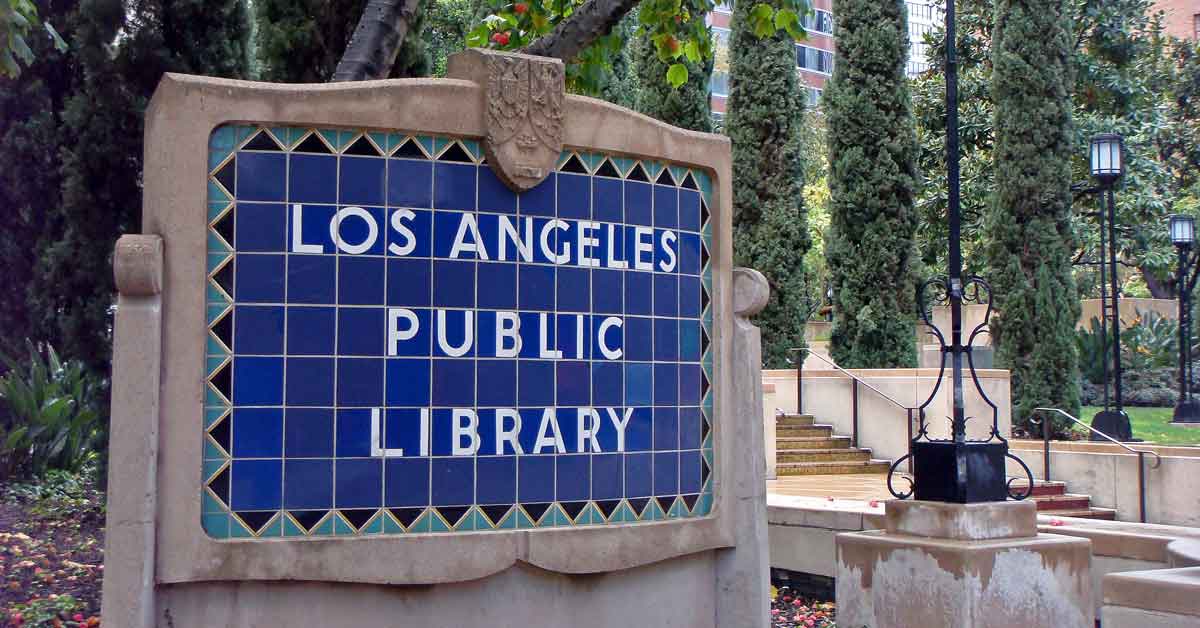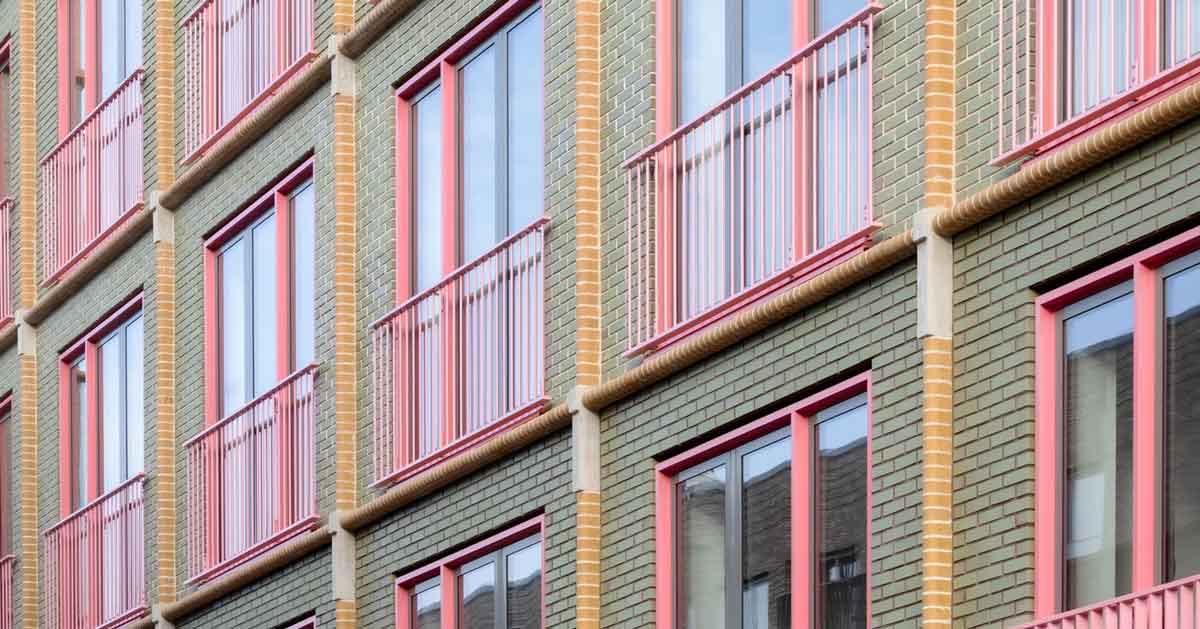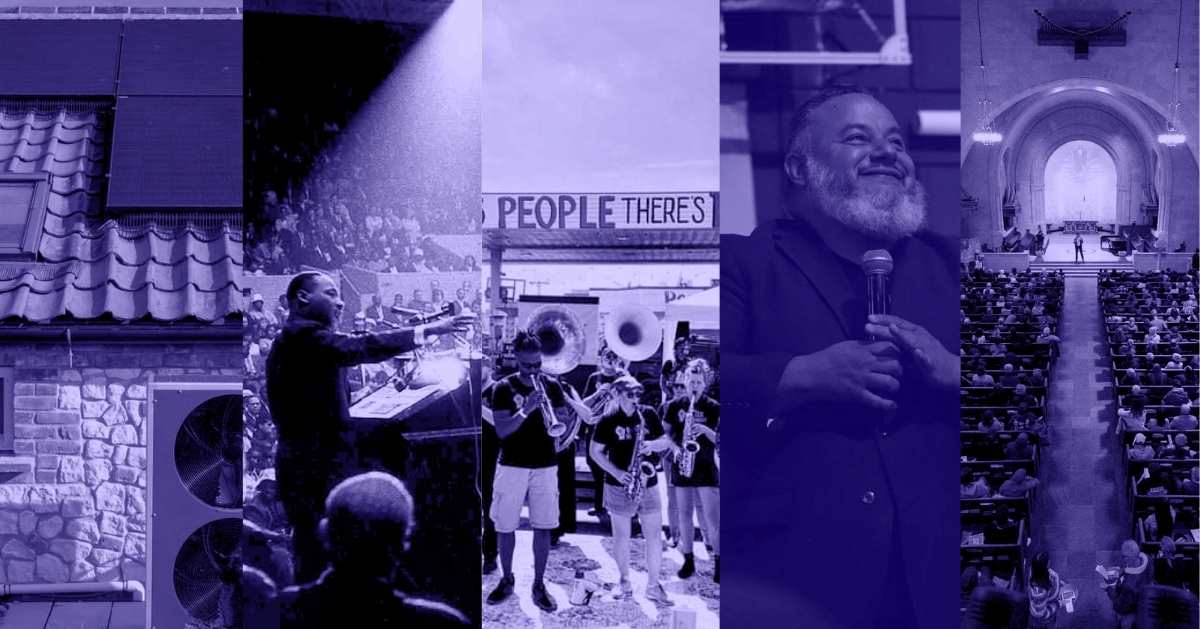Libraries really do have it all.
Specifically, at the Los Angeles Public Library’s Central Library, there’s Amanda Mellor.
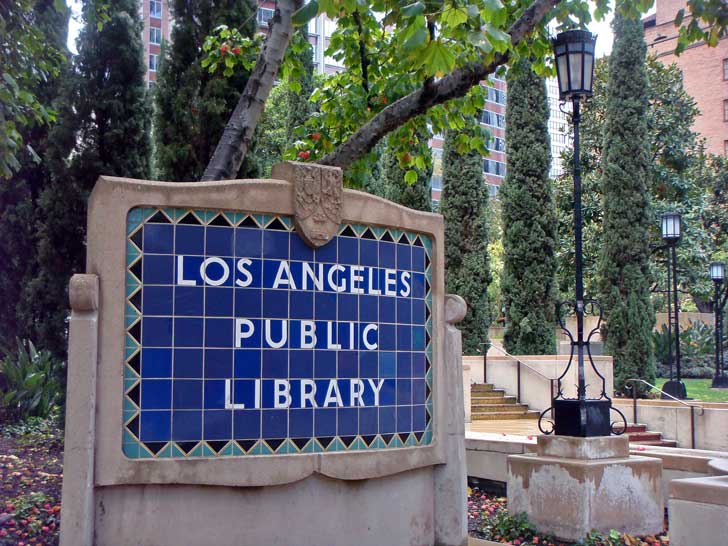
Mellor is an adult librarian at LAPL, but she also doubles as Persons Experiencing Homelessness Outreach Librarian.
“What that means is I am a reference librarian, as well as someone that goes out into the nearby community and connects people who are experiencing homelessness, or other life instabilities, with library resources,” Mellor describes in a recent TikTok for the LAPL.
“I sign folks up for library cards, talk about all the wonderful free programs and services, and invite them to the Central Library,” she added.
By taking a mobile outreach approach, Mellor connects people on the streets to the library by bringing its offerings to them.
She specifically works within the Skid Row community by helping people learn more about what the library has to offer, while also developing library programs on-site for people who might be more hesitant to visit the public library.
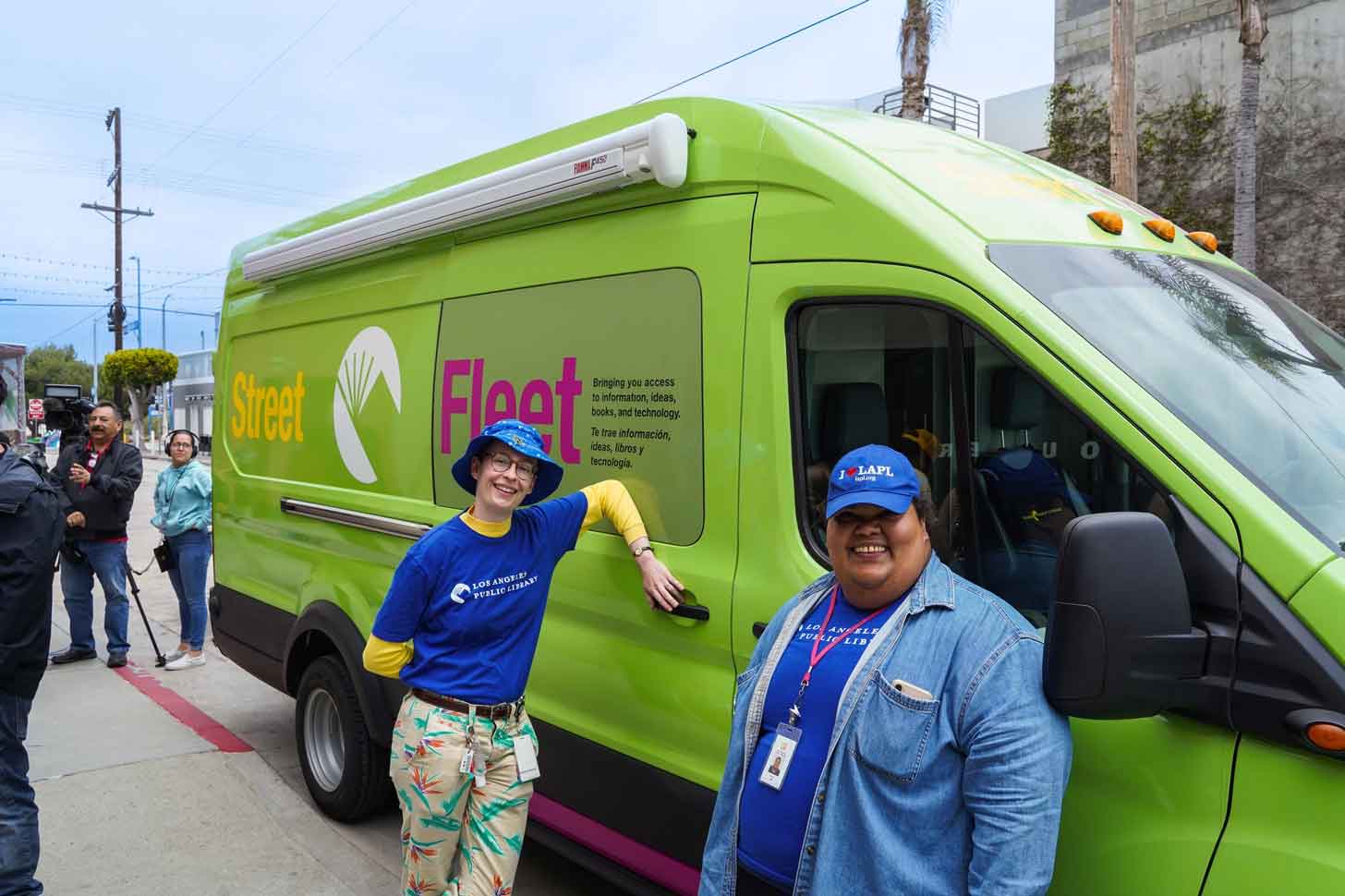
“Knowing that you connected the right person with the right resource at the right time,” is one of the most rewarding aspects of this work, Mellor told Library Journal.
There is also another reward specific to Mellor’s work.
Earlier this year, she was named to the Library Journal’s 2025 “Movers & Shakers” list, which honors 50 librarians who serve as advocates, community builders, educators, and innovators across the country’s library systems.
“When I heard that I’d be receiving this Mover & Shaker award from Library Journal, I felt really glad because it means that this type of work, which library workers around the country are doing every day informally, is being formally recognized,” Mellor said in the TikTok video.
It’s true; libraries have long been on the frontlines of the housing crisis in the United States simply by being a free and public place where people can find refuge from living on the streets.
But libraries also offer a swath of supportive services, like help with job applications, mental health services, referrals to expert providers and local housing placements, and even enrollment in fresh food programs.
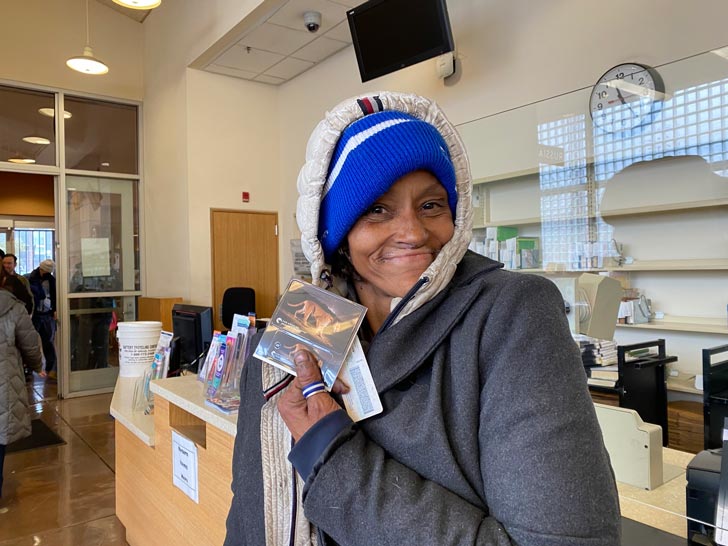
Recently, libraries across the country have worked to create specific staffing positions like the one Mellor has. Outside of her outreach role, LAPL has hired a team of social workers, therapists, and medical case workers to help lighten the load on other library staff.
In Utah, in-house social workers also support the Salt Lake City Public Library’s unhoused population.
“People experiencing life instabilities have unique service needs that the library is in a position to fulfill,” Mellor continued. “I’m glad that hopefully more positions like mine will pop up in library systems around the country.”
Part of the work Mellor does is also hosting The Source, a monthly resource fair with free health and homeless shelter services at the LAPL.

“The Source offers a one-stop-shop of resources and services to help homeless Angelenos transition to independent and supported living,” the library’s website shares. “Services are also available for eligible low-income residents. All services are free of charge.”
But Mellor’s everyday work usually comes down to ensuring that people in need just know that these library services exist.
“Simply getting the word out about what the public library offers is the main gap bridged with my outreach,” she told Library Journal.
“Bringing the library to organizations that serve people experiencing homelessness helps remove barriers to access for folks who may not be able to visit the library due to mobility issues or [because they] are participating in a recovery program.”
It’s not just about gaining access to life-saving resources; it’s also about reminding all community members that they deserve access to the enriching and educational materials at the local library.
Mellor shares e-media options for people to access books, magazines, movies, music, and even free museum passes.
And of course, she doesn’t do this work alone. Relationship building with individuals, as well as the other homeless shelters and social services the library partners with, is key to making a difference.
“When I’m at a single occupancy residence building in Skid Row or at a parole meeting at the probation office, the community sees that the public library is showing up for them,” Mellor said. “[And] that we want them to succeed.”
Header image courtesy of Kansas Sebastian (CC BY-NC-ND 2.0)
